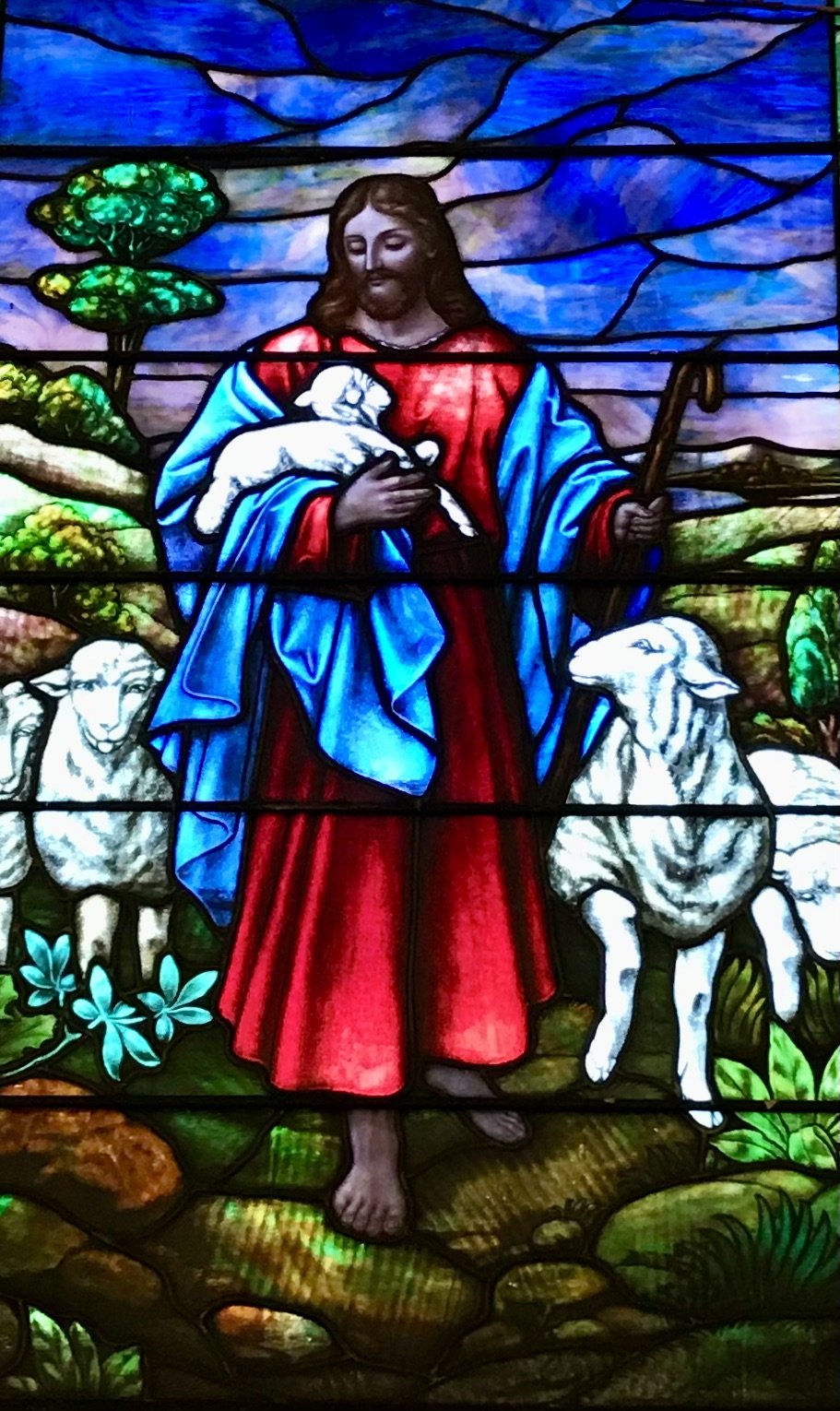In the timeless wisdom of Proverbs 3:3-6, we find a profound blueprint for building strong, enduring relationships:
“Let love and faithfulness never leave you;
Bind them around your neck,
Write them on the tablet of your heart.
Then you will find favor in the sight of God and man.”
“Trust in the Lord with all your heart,
And lean not on your own understanding;
In all your ways acknowledge Him,
And He will make your paths straight.”
These verses beautifully intertwine the virtues of love, faithfulness, and trust, revealing how they work together to create bonds that endure over time.
To me, these verses speak of the importance of being a person who embodies love and faithfulness—qualities that should permeate the very core of our being, symbolized by the heart. Faithfulness should be evident in both our words and actions. It encompasses being sincere, competent, reliable, credible, empathetic, and acting with integrity. Love, the most powerful bond in relationships, binds all these strands together in our hearts, holding them in place.
Trust, however, is the essential glue that secures these relationships, whether at home, at work or wherever you find yourself in community. In our relationships, trust allows us to be vulnerable, to believe in the goodness of others, and to depend on them with confidence. When trust is intertwined with love and faithfulness, it creates a powerful dynamic. Love motivates us to act with care, faithfulness keeps us true to our word, and trust fosters belief in the integrity of others. Together, these virtues form a bond that is not easily broken—a relationship where each person feels secure and valued.
However, if we fail to be faithful in our actions, each strand of this bond begins to weaken, fiber by fiber. Without acts of love to reinforce the fragile areas, the day may come when the final strand breaks, leaving nothing left to hold onto. Trust is irreparably broken.
Holy Cross Orthodox Church - Linthicum, Maryland
Yet, Proverbs reminds us of one unshakeable truth: We can always put our full trust in the Lord. Why? Because:
His truth is sincere.
His Spirit is competent.
His promises are reliable.
His word is credible.
His love is empathetic.
His life—His incarnation, ministry, resurrection, and ongoing communion with us—demonstrates His perfect integrity.
The wisdom of Proverbs 3:3-6 is a powerful reminder that love, faithfulness, and trust are not merely abstract virtues but practical tools for building strong, enduring relationships. When we bind these qualities to our lives, we create bonds that are resilient, filled with grace, and pleasing in the sight of both God and man.
In a world where relationships can often feel fragile, let us strive to inscribe love and faithfulness on the tablets of our hearts, trusting in the Lord to guide our paths and strengthen the bonds we share with others.




